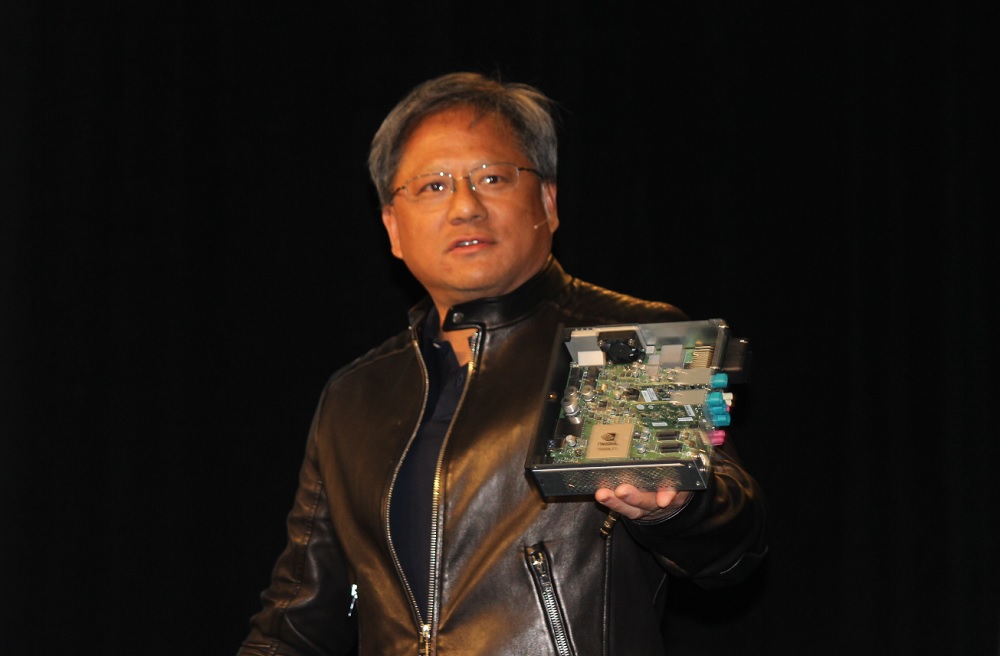Graphics chip maker Nvidia beat Wall Street’s expectations for the fourth fiscal quarter earnings for the period ended Jan. 25.
Nvidia reported non-GAAP earnings of 43 cents a share on revenue of $1.25 billion. Analysts had expected the Santa Clara, California-based visual computing company to report earnings of 29 cents a share on revenue of $1.2 billion.

Unlock premium content and VIP community perks with GB M A X!
Join now to enjoy our free and premium membership perks.
![]()

![]()